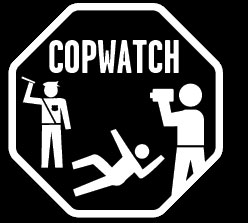
Someone watches me as I use the Atm. They watch me while I’m walking down the street, when I stop to get gas, whilst shop, when I’m dining at a restaurant and while I’m at work. They screen my emails, phone calls and text messages and track the web sites I visit. Who are these people? They are my employers, business owners, secret intelligence agencies and our Government who are always keeping an eye on us and watching.
The example may seem a little dramatised, however I’m sure we can all agree that this scenario isn’t exactly out of the ordinary and in actuality is normal for our times. Surveillance is something that we have all become accustomed to and believe this intrusion of privacy to be a necessary evil for our protection and safety. But you wouldn’t expect this kind of surveillance (or spying to be more precise) from your teachers’ right?
Seems far fetched and hard to believe but in the lower Marion school district of Philadelphia this was exactly the case! Mac notebooks were loaned to high school students that enabled teachers to spy on students in their homes through the webcam device which could be turned on by staff of the school. Maybe I’m being dramatic but this has really made me paranoid! The first thought that popped into my mind was “Big Brother is watching you.” My second thought got me thinking that maybe our society isn’t that different from ones shown in films like Eagle eye and Resident Evil where corporations and smart technologies go rogue to spy on their citizens! To be completely honest if this was headlined in the news tomorrow I’m not sure I would be completely surprised. So in the mean time folks cover up those webcam’s because you never know who could be watching on the other side.


